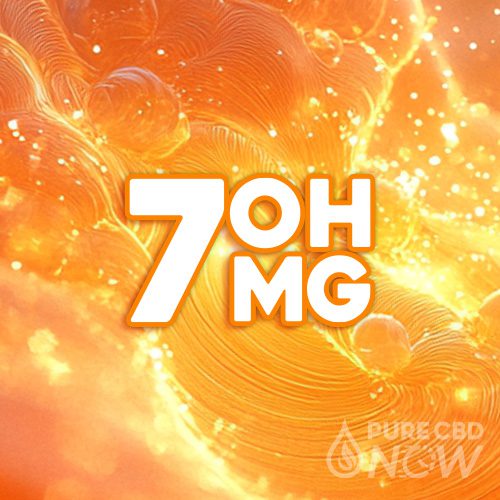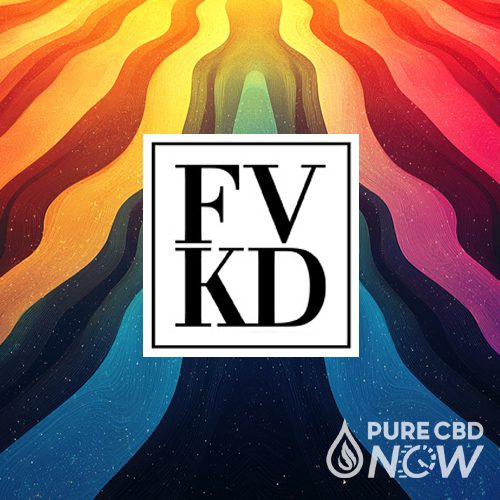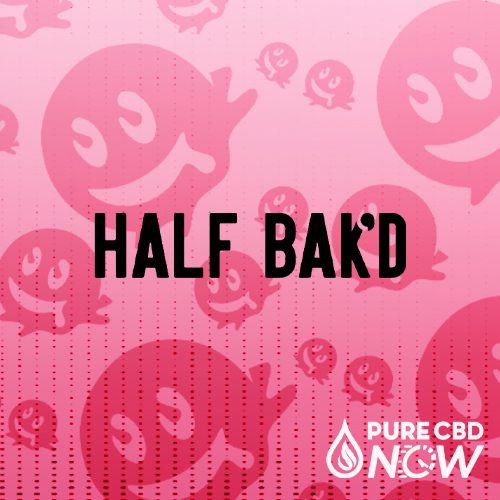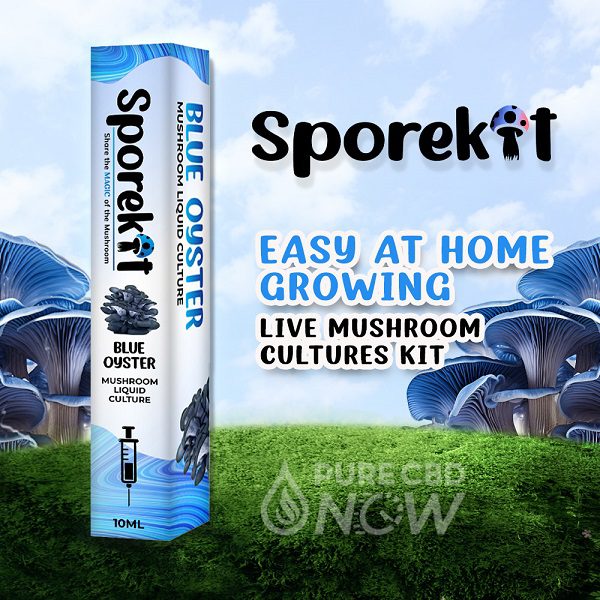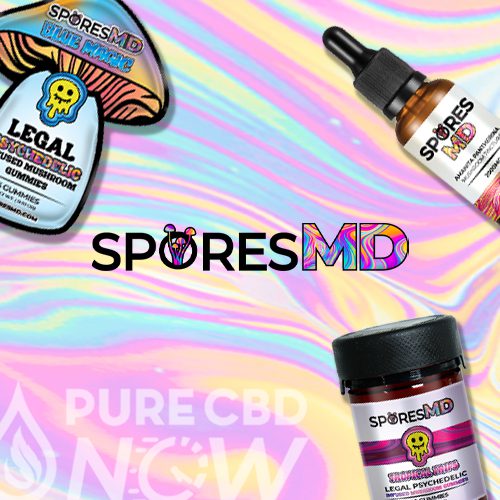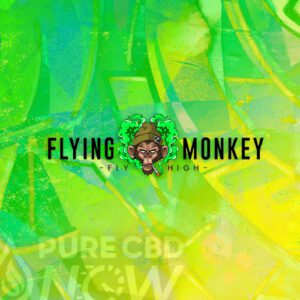Short answer: Nootropics can make you feel more alert, focused, and mentally agile. But it’s not a one-size-fits-all situation; individual experiences can vary.
Alright, let’s dive in!
What Even Are Nootropics?
Ever watched the movie “Limitless”? You remember that pill that turned Bradley Cooper into a brainiac? Well, nootropics aren’t exactly that—but they do promise a leg up in cognitive function.
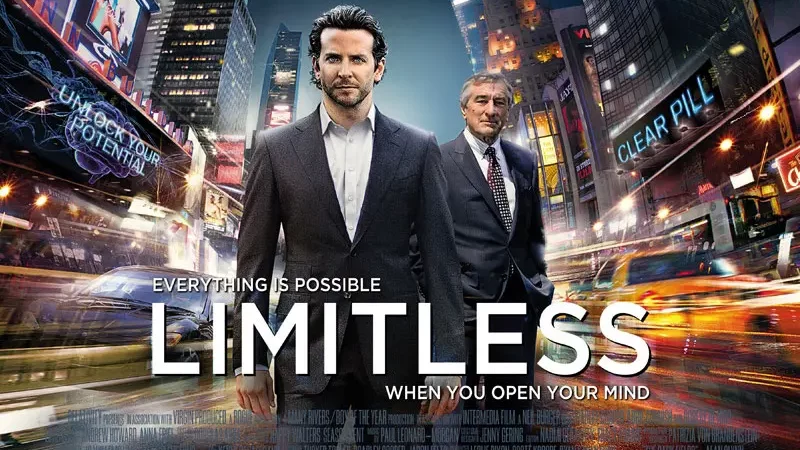
Dubbed as ‘smart drugs’, they’ve been rising in popularity, especially among the youth. Students, entrepreneurs, even programmers, are turning to cognitive enhancers for that brain boost. But how do these pills and powders, or even nootropic chocolates (yes, that’s a thing), affect your brain health and cognitive performance?
The Science: A Peek Into Your Brain
Let’s get technical for a second. Nootropics act on the neurotransmitters in your brain. These are chemical messengers that play key roles in cognitive function, memory, and attention.
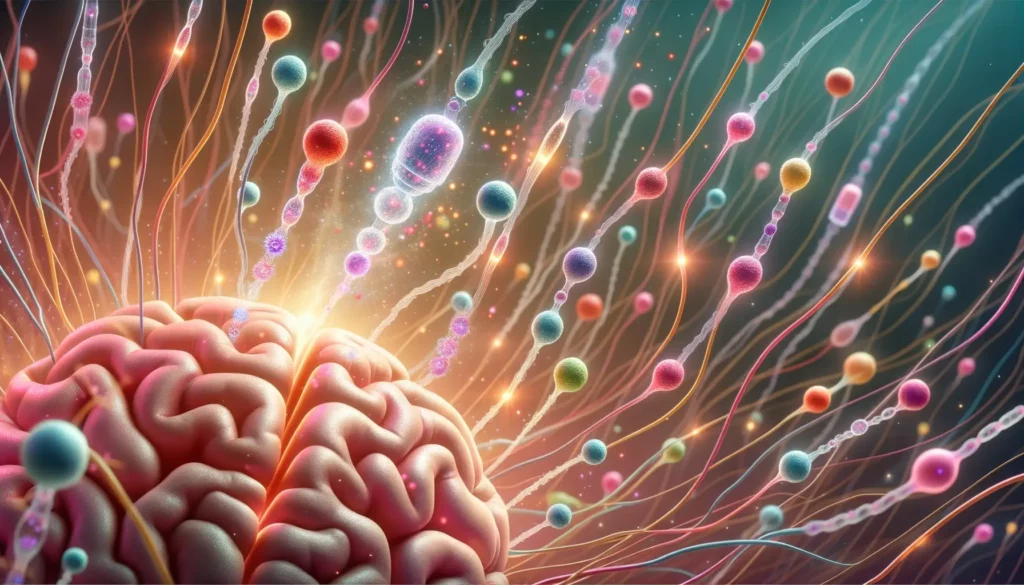
Certain nootropics, like prescription medications such as Adderall, directly stimulate neurotransmitter activity. Others, like natural nootropics such as Ginkgo Biloba, affect blood flow to the brain cells, aiding in cognitive performance.
By the way, if you’re caught between adaptogens and nootropics, this ‘adaptogen vs nootropic‘ article does a deep dive into the differences.
Feeling the Effects: What’s Happening Inside
So, you’ve popped a pill or savored a nootropic chocolate. What should you expect? Most healthy people report a noticeable lift in cognitive performance, mental clarity, and even a reduction in brain fog. It’s like someone cleaned your mental windows.

Not all nootropics are the same, though. Prescription nootropics like Adderall might make you feel like a productivity robot, but natural ones like Panax Ginseng might offer a subtler, smoother experience.
The Big BUT: Side Effects and Risks
Hold your horses! Before you empty your wallet on these brain boosters, it’s crucial to understand the long-term effects. Especially if you plan on becoming a daily user. Here’s the thing: the term ‘nootropic’ sounds fancy, but it also includes substances you probably already consume, like caffeine. Even that has its downsides, right?
Let’s not forget, prescription nootropics are often designed for conditions like Attention Deficit Hyperactivity Disorder (ADHD), and taking them without a medical reason can mess with your brain chemistry. But don’t just take my word for it—research backs this up!
FAQ: Your Burning Questions Answered
What happens when you take nootropics?
Expect to feel more alert and focused. Some even claim to experience improved memory and cognitive function. But results can vary.
What are the downsides of nootropics?
From potential sleep disorders to high blood pressure, not all is rosy. Some synthetic compounds can have negative effects when taken in high doses.
Is it OK to take nootropics every day?
Short answer: Consult a healthcare professional. The long-term use of nootropics is still not well understood, and you don’t want to be the guinea pig.
Do nootropics change your brain?
Some studies suggest potential neuroprotective effects, but take this with a grain of salt. The field is still in its infancy.
What is the dark side of nootropics?
From dependency to the potential for abuse, especially with prescription medications, the dark side is real and not to be ignored.
In Summary: The Bottom Line
So, how do nootropics make you feel? For most people, they’re a shortcut to mental clarity and enhanced cognitive function. But like anything that promises quick results, they come with a caveat—potential risks and a lot of unknowns. Always consult with a healthcare provider before diving into the world of smart drugs.
Here’s the truth: nootropics might make you feel smarter, but they’re not a substitute for a healthy lifestyle. Sleep, good nutrition, and regular exercise are your best bet for cognitive performance. So, while a nootropic supplement might give you a temporary edge, don’t forget the basics.
Now, what are you waiting for? Go conquer the world, brainiac!

